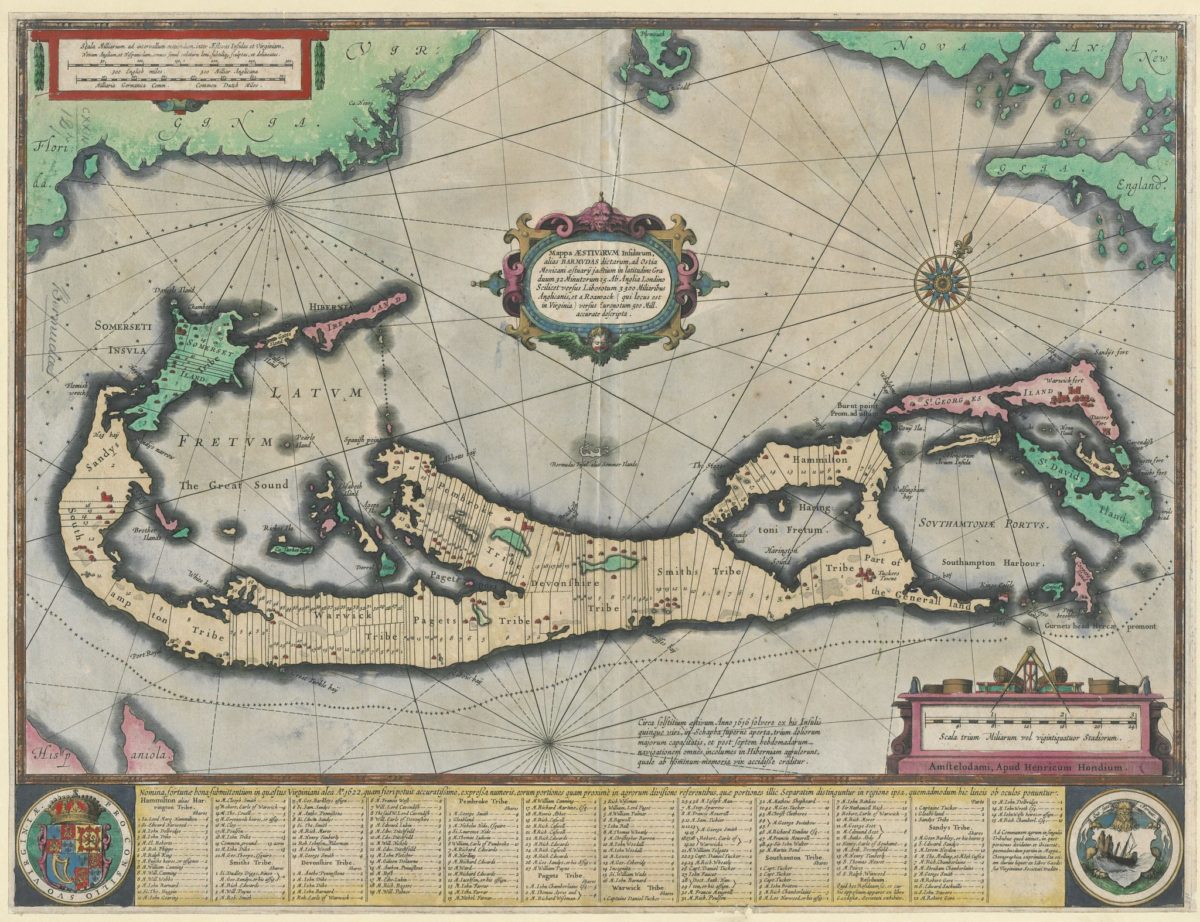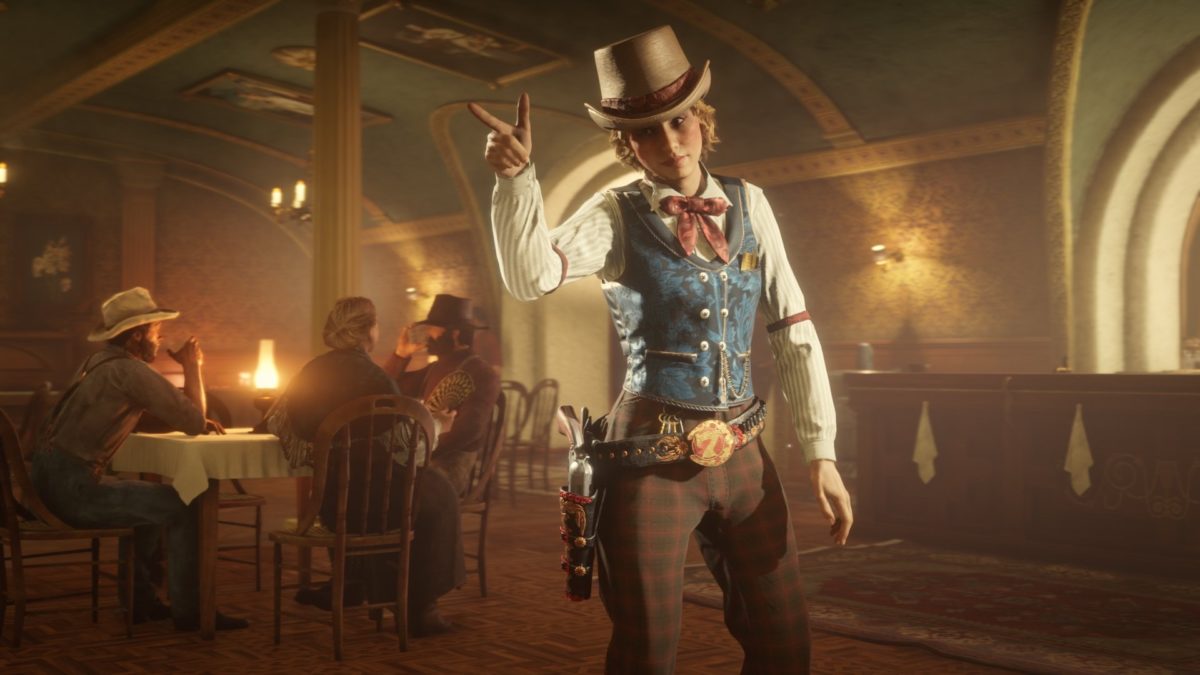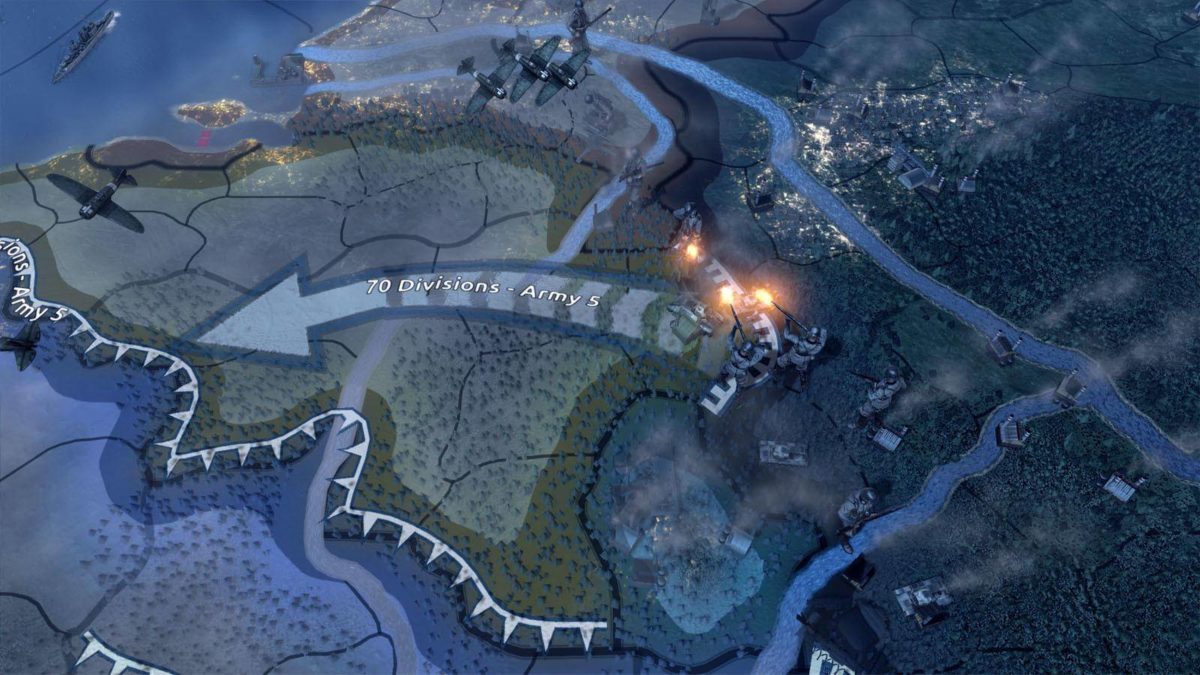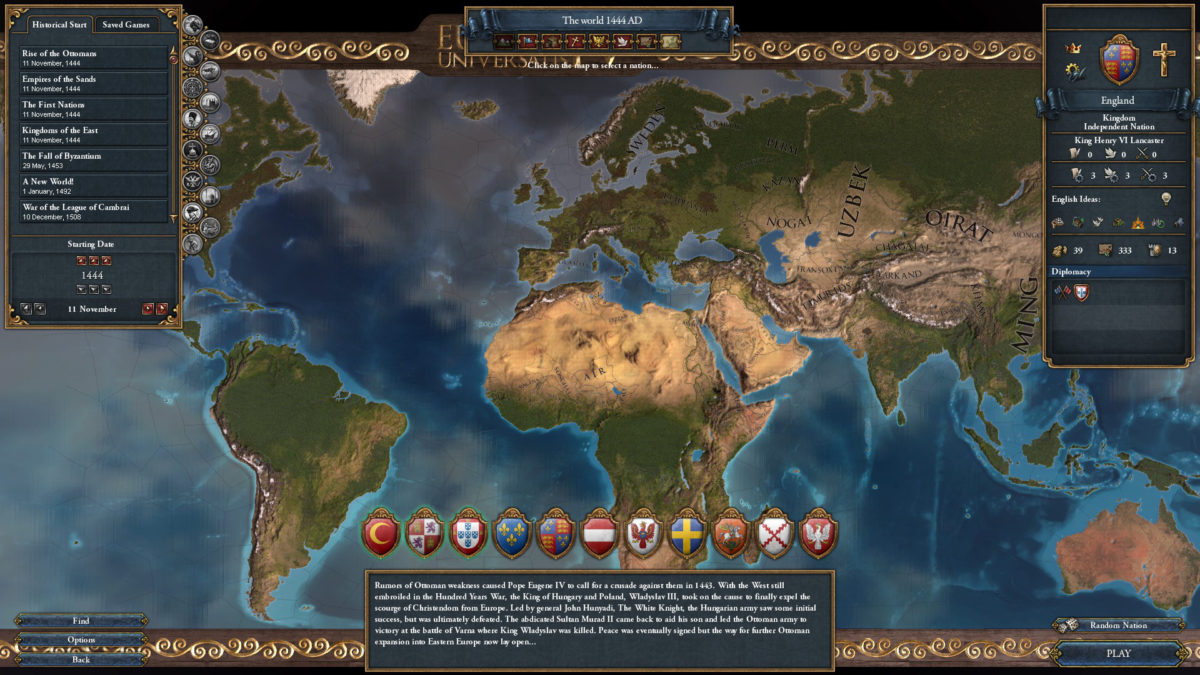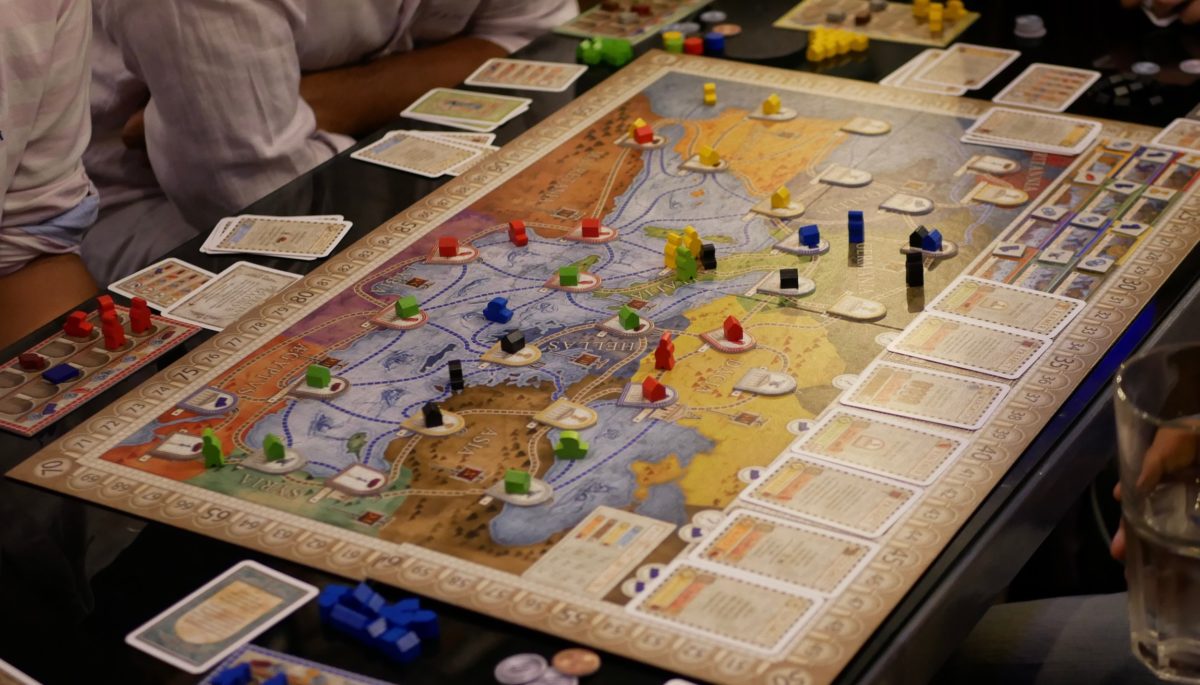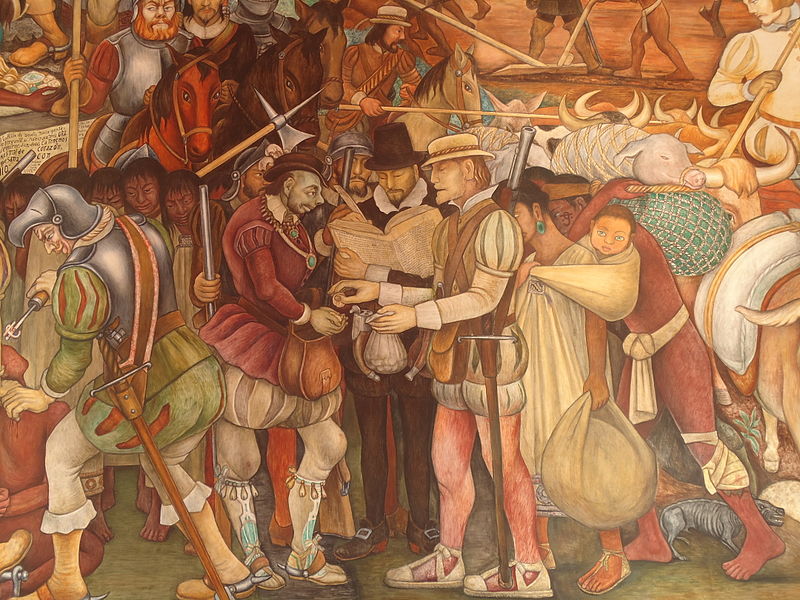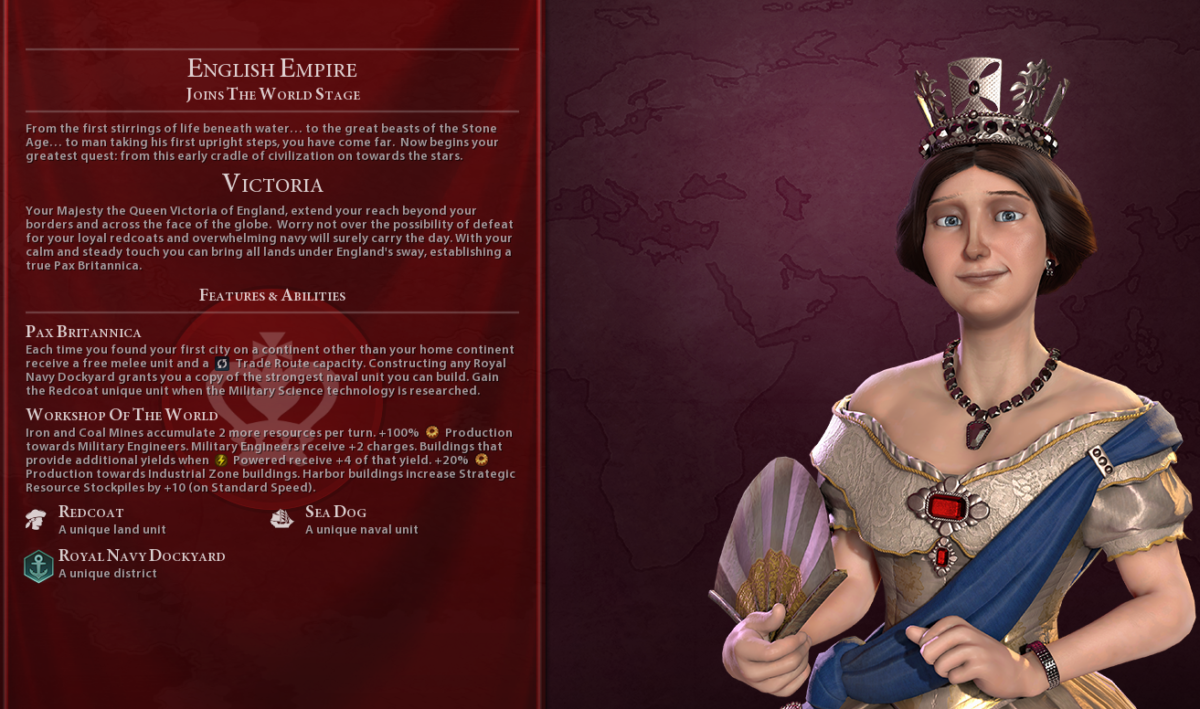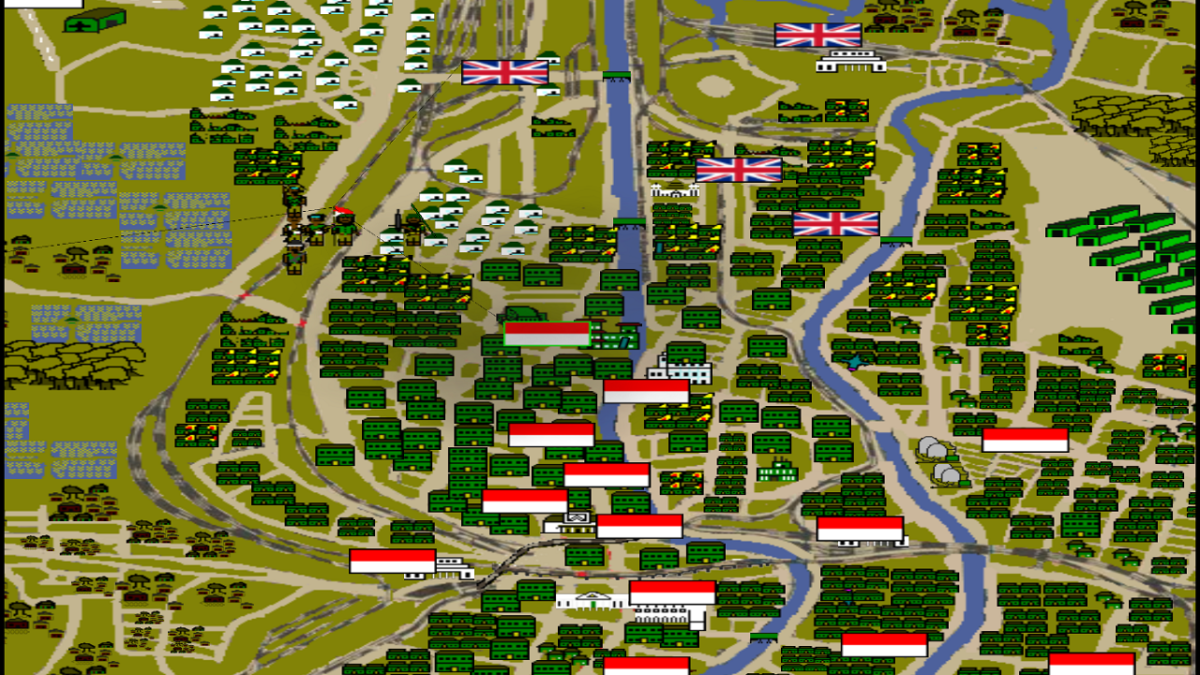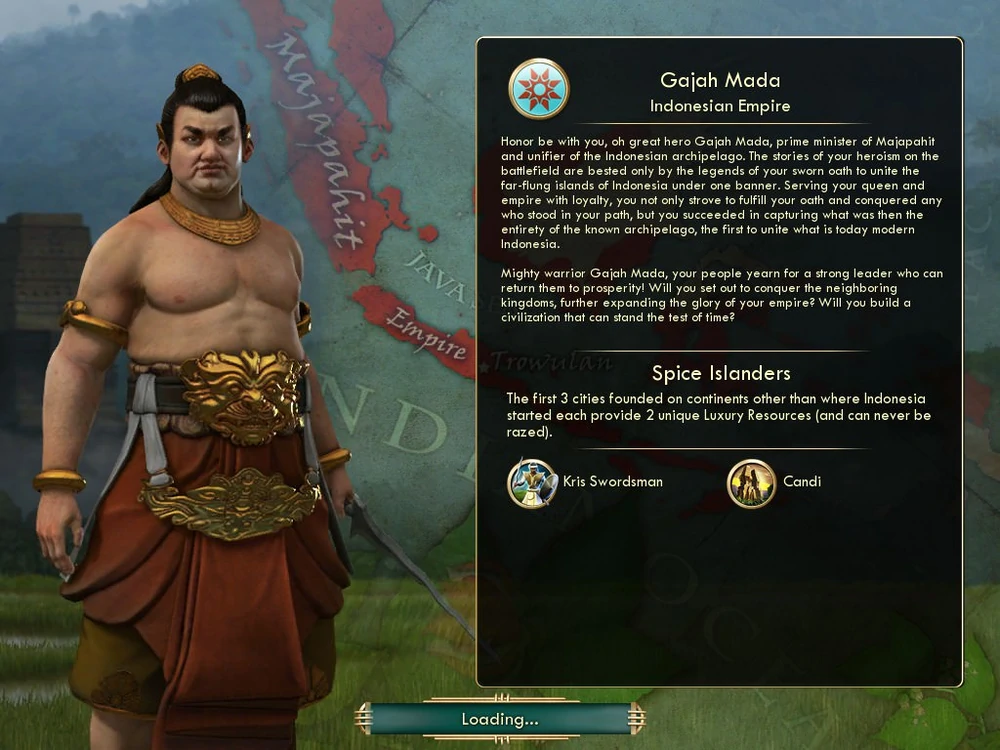The British Library established a Digital Scholarship department in 2010. Its purpose was to explore and promote innovative and creative reuse, as well as computational and data-driven research using the Library’s data and digital collections – both the digitised analogue collections and increasingly, born-digital material. I was one of the founding members of the initial […]
